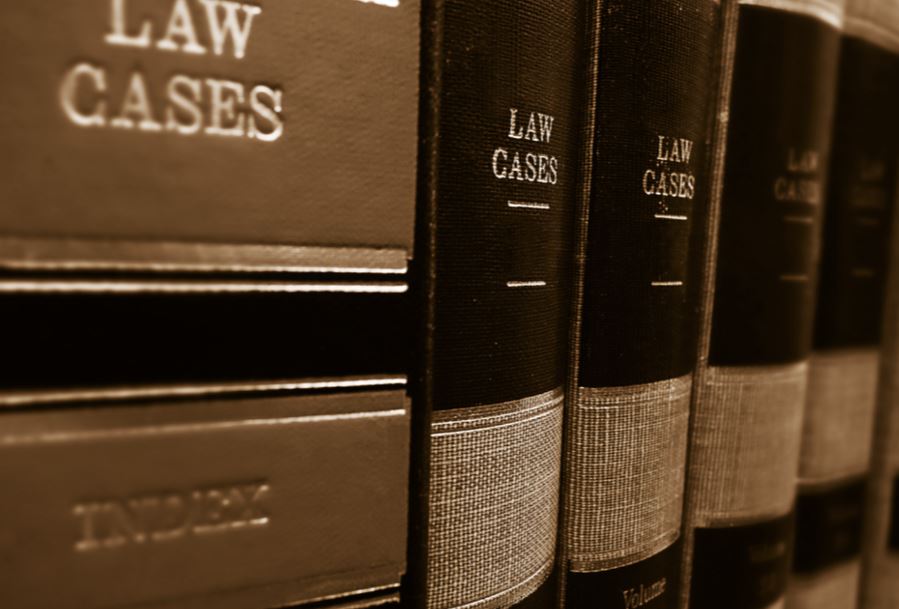The Employment Rights Act 1996 (ERA 1996) protects whistleblowers, however, there are often blurred lines on the extent to which it protects them. The term whistleblower is defined on the Government website as:
A worker or employee and that reports certain types of wrongdoing. This will usually be something they’ve seen at work. The wrongdoing they disclose must be in the public interest. (See whistleblowing– this website also contains more information on what to do in these circumstances)
The ERA 1996 protects these employees by law and states that they shouldn’t be treated unfairly or lose their job simply because they “blew the whistle”.
Perhaps the best example of the extent to which the ERA 1996 protects such employees is the 2006 case of Bolton School v Evans.
Facts
Mr Evans was working as an ICT teacher when, over the summer, a new computer system was put in place by the school. Mr Evans, who was not involved in the installation of the network, was passionate and keen to ensure his students had a reliable and safe computing system. He was concerned, however, about the privacy of the student records and how easy it would be to access these through the new system. The head of the project had decided that an extra security system was not needed although it had been initially agreed upon. Mr Evans voiced his concerns about this matter on multiple occasions, yet the Headmaster did not act upon them. Eventually Mr Evans decided he would hack into the system in order to prove his argument that the system was not strong enough.
He argued he had acted in this manner for two reasons: firstly, to test his concerns, and secondly to obtain the necessary evidence to convince the headmaster and other members of faculty. He then informed the headmaster of his actions. The headmaster sanctioned Mr Evans with a written warning on the grounds that hacking the school’s private database without authority constituted misconduct, Mr Evans unsuccessfully appealed this decision, and because of this, he resigned, believing he could no longer maintain his position at the school.
After seeking legal advice, Mr Evans argued that his resignation was a constructive dismissal as it had been caused by him voicing his concerns, essentially whistleblowing. Mr Evans contended that the dismissal was automatically unfair. The Employment Tribunal upheld his claims but Bolton School appealed on the grounds that it was Mr Evan’s actions that had caused the written warning – not the fact he had informed the headmaster of an under-performing and potentially harmful ICT system.
In the next stage, the Employment Appeal Tribunal accepted that Mr Evans had made a protected disclosure and that the school’s ICT system was inadequate, However, it criticised Mr Evans’s actions as to how he went about proving it.
Mr Evans then made an appeal, but the Court of Appeal agreed with the Employment Appeal Tribunal and Mr Evans was eventually unsuccessful.
Comment
This case is important in showing the extent to which the ERA 1996 protects workers and employees who have “blown the whistle”. The Court of Appeal held that Mr Evans had been disciplined for hacking the schools networking system and not because he informed the headmaster. It highlights that protection of workers under the ERA 1996 applies only to the disclosure of information itself and not to the employee’s actions undertaken in order to prove their arguments.
Is this right? Ethically it could be argued: no. In Mr Evans’s case, it seems unfair to dismiss him for protecting his student’s private records even if his behaviour was questionable. From my perspective, as a sixth form student with no legal training, it seems unfair to discipline him for proving an argument that nobody was listening to. But I can also see that there are valid arguments on both sides. What Mr Evans did in order to prove his point was in itself unacceptable, and in a way, he was going against his own morals, therefore he could be seen as hypocritical and the written warning he received had substantial weighting and could be seen as an adequate penalty for his actions.
Lord Justice Sedley commented:
“What Mr Evans brought to light was of general public importance. This case is important as there are likely to be few cases where a whistleblower has not been dismissed for what the employer genuinely believes to be misconduct; so, that the purpose and effectiveness of the Employment Rights Act may be in question, and the extent of which it protects employees”. See the appeal.
To some extent I agree with this view, this case showed fatal flaws in the ERA 1996. In particular, the fact that the Act only covers whistleblowers in relation to the information they disclose and not the actions they undertake to find evidence to back their claim is probably the most detrimental flaw. This is because employees may feel they do not have legal protection to obtain and justify their argument with valid evidence. This might inhibit an employee’s willingness to speak up if they witness wrongdoing. They might worry that nobody would believe them without corroborating evidence, and fear the consequences of ‘blowing the whistle’. If they then went on to obtain evidence, in a similar way to Mr Evans, they would no longer be protected by the law.
Further Reading
From one of the UK’s most read legal blogs.








